

Just over a year ago we posted a glowing review of Total War: Rome II. After thirty-odd hours with the game we had enjoyed it sufficiently to slap a big fat 9 on the end of the text. Despite the shocking length of time it took the game to process each of the AI's turns, and a few other optimisation issues, we enjoyed the campaign and the several games we'd played against human opposition.
Having posted our review we then watched a range of hugely conflicting opinions roll in. Some reviewers felt the same as we, and praised the scope and ambition of the game, while others bemoaned the technical restrictions they considered game-breaking. Although it was as clear as day to us that there was optimisation issues, we were playing a review build of the game, and day one patches are released to ease such issues (we mentioned it in the text anyway, but still, it's the kind of thing you'd expect to get fixed).
Then, when the game was out in the community, and players started investing huge chunks of time into the campaign, other issues started to arise; the kinds of things you simply can't spot when playing for such a relatively short period of time for review, or issues that only become frustrating when they're repeated time and time again. In short, despite Rome II being the pinnacle of the series in many ways, it's also gone on to be considered the most divisive title to have been released by Creative Assembly.
In the year that's passed, CA has been working hard to support the game, not just in terms of new content (there's two paid-for campaign expansions), but also with regards to fixing many of the problems reported to them by their vocal community. With the Emperor Edition (which is a free update for anyone with the base game), we got the fifteenth major update, and with it another assortment of gameplay improvements and changes, as well as some new content.
Has this latest update done enough to placate disappointed members of the community? Or is Total War: Rome II a blemish on the name of this huge strategy franchise?
Well, we've not changed our mind so significantly since this time last year that we could say it was the latter. The outpouring of annoyance from some gamers goes to show how variable an experience it can be playing something (already complex) on PC. We had a few issues, but other than some shoddy loading times, our experience was largely unaffected by the plethora of technical problems that marred the launch of the game for many other people. Therein lies the main problem of developing for PC; with so many different configurations it can be a tricky task to optimise across the board, and it's not uncommon for a small minority to have issues with any game.
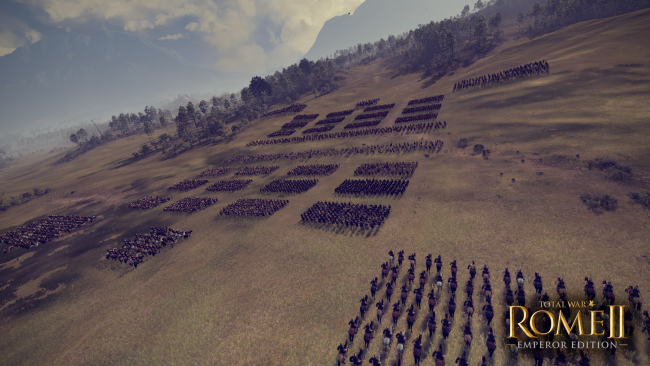
To explain what happened here as nothing more than that would be to let CA (and Sega, who must also take some responsibility as publisher) off the hook prematurely. Hindsight is a wonderful thing, and upon reflection it's clear that Rome II was released before it was ready for public consumption. A game as gloriously huge as this needs sufficient time for spit and polish, and that's something that clearly didn't happen. However, now we've had a year and a multitude of updates, plenty of time to right perceived wrongs. Surely that's enough?
"Rome II was far and away our most ambitious game," says Total War creative director Mike Simpson. "We see more people playing, and playing for longer, than any other game in the Total War series. However, we take our players' feedback very seriously. Through the multitude of improvements and free content updates we've brought to Rome II since its launch, we've worked hard to try and meet their expectations. We want Emperor Edition to be remembered as one of our finest games."
Well, the Emperor Edition update certainly is ambitious. It brings plenty of strands together; by collecting together all of the free content that's been released so far, this is the definitive version of the game. There's Twitch.tv integration if you want to share your conquests with the world, new factions and new units, and CA even finally got around to releasing the Mac version of the game (which is free/paid-for if you've already got it).
Better still, it comes packing a new campaign, set after the death of Julius Caesar, with the empire divided and its future uncertain. The new start date of 41 BC allows strategists to either consolidate actual events and put Octavian in power as the first Emperor of Rome, or start up their own divergent strand of history and steer things in a different direction. Players can either jump into what was a melting pot of intrigue and posturing and help decide the outcome of the Roman Empire, or they can do what we did and completely ignore that part of history (we live in East Anglia, so naturally opted to play as the Iceni). As you can see in the graphic below, there's ten different starting factions for the new campaign.
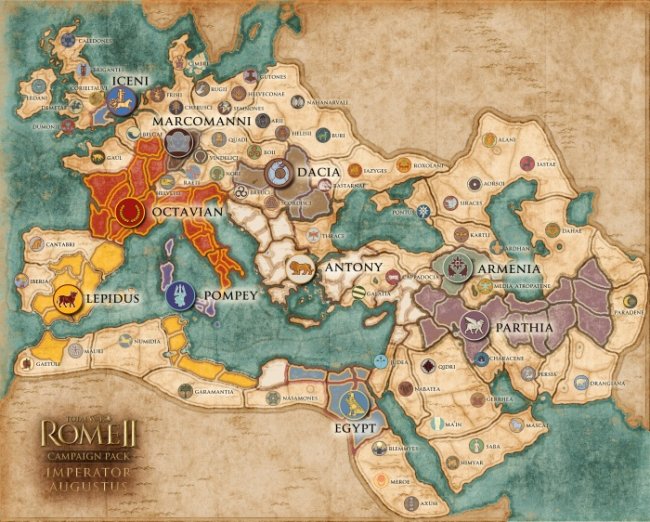
The new campaign start date means a new geopolitical landscape, but the game underneath is still largely the same, save for the under-the-hood adjustments and rebalancing. On the surface it's a subtle shift, and it's only extended play that will reveal the depth of transformation.
We get started, beginning our campaign to conquer the isle of Britannia, and it's just a few turns and a couple of battles later that we're remember exactly why we love the fusion of turn-based campaign and the real-time battles, the formula that ultimately defines Total War. That said, our burgeoning campaign on the edge of the then-known world hasn't really provided us with much opportunity to explore the many tweaks and changes that came in the patch, as there are many new political and civil war-based improvements that'll only become readily apparent when warring within the fractured Roman state.
You can sift through the patch notes by heading here, and the changes listed therein should improve the game for anyone looking to sink more time into a new campaign (and there's opportunity to spend literally hundreds of hours with the game thanks to the new scenario). Other major changes include balancing across a range of units, and improved campaign and enemy AI; we're now looking at more savvy opponents on the battlefield, and we've already been undone where we suspect we might have been victorious before. From our cursory inspection of the new features, and during our fledgling campaign, it certainly appears that CA has done a good job with the Emperor Edition. At the very least, the brain-meltingly boring load-times have been shortened considerably.
Having said all that, the Emperor Edition of Total War: Rome II is far from the most interesting thing to happen to the series in the last few days. If you didn't already know, CA and Sega just announced Total War: Attila. It's the follow on to Rome II, but not a standalone expansion (like the superb Fall of the Samurai was to Shogun 2).
We sent a writer to see the game ahead of its grand unveiling (and you can read all about his victorious visit to Creative Assembly's Horsham office by following this link), but in essence it focuses on the final breakup of the Roman Empire, with Attila and his followers set to act as the series' first antagonists, a military threat that neatly explains the shifting landscape of the campaign map and puts pressure on the player to make important decisions.
It certainly sounds like CA has taken the criticisms of Rome II on board, and Attila sounds like a good response to the negative feedback that the studio received from some sections of the community. There's work to be done if they're to repair their fractured reputation, but we're strangely confident that they'll manage it, that is if they can avoid the mistakes of the past, and give the game long enough to gestate before unleashing it on the world.
Rome II was a hugely ambitious game, and in our opinion, for the most part, it paid off. Perhaps it's not even our favourite title in the series (we're stuck between this and Shogun 2), but the changes and new content that came with the Emperor Edition certainly addresses many of the concerns voiced since last year's launch. Perhaps, no matter what they do, the game will never be remembered as fondly as the first Rome, or <insert your favourite game in the series here>, and that's largely thanks to the botched launch and the fallout following that. They've got a chance to address that with Total War: Attila, and we hope they take that chance, because we'd be happier if the events of last year proved to be a misstep, rather than the start of the decline of CA's world-conquering strategy empire.



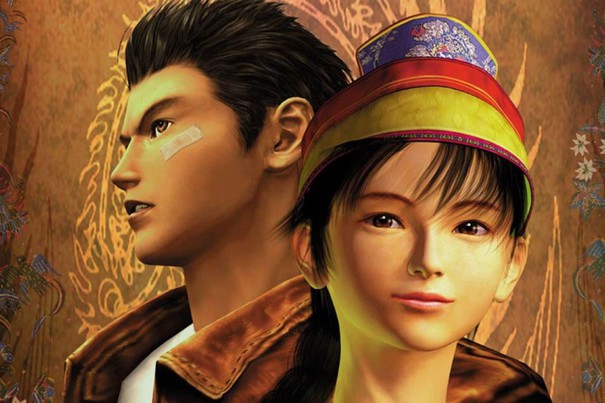
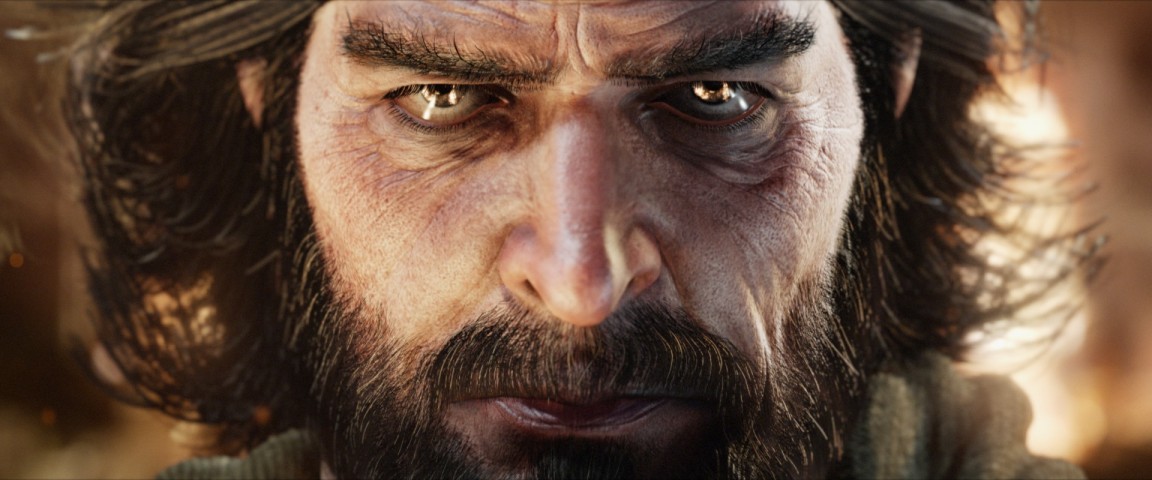 Thief Walkthrough Chapter 3: Dirty Secrets – How to Remove the Ritual Book
Thief Walkthrough Chapter 3: Dirty Secrets – How to Remove the Ritual Book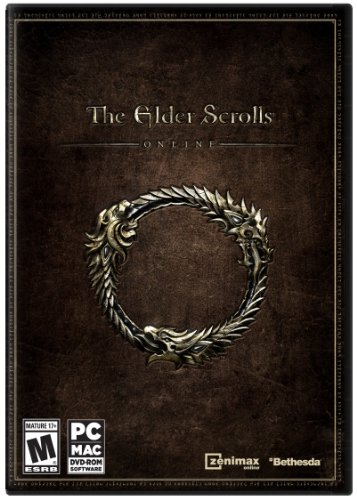 The Elder Scrolls IV: Oblivion Plugin Dibellas Watch Walkthrough Maps
The Elder Scrolls IV: Oblivion Plugin Dibellas Watch Walkthrough Maps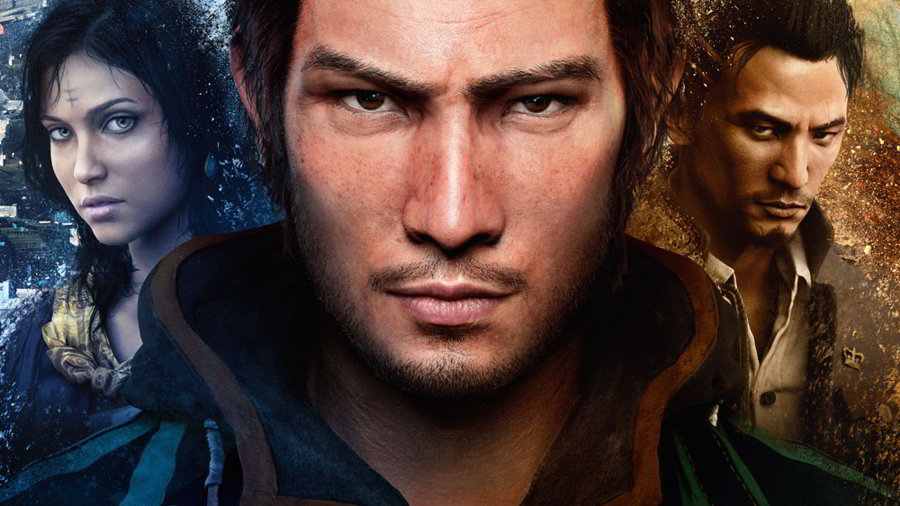 Far Cry 4 Balance Of Power Guide - Amita Or Sabal?
Far Cry 4 Balance Of Power Guide - Amita Or Sabal?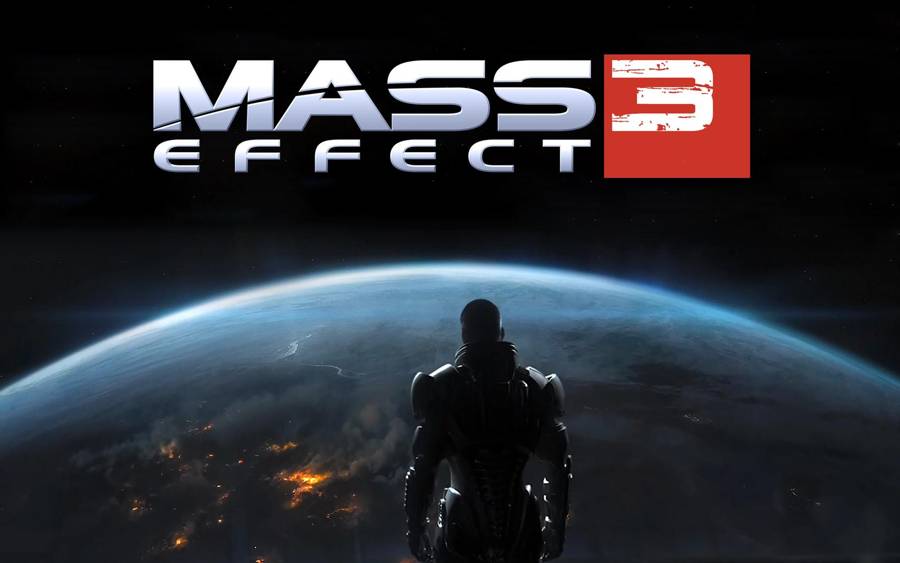 Mass Effect 3 Beating The Reaper
Mass Effect 3 Beating The Reaper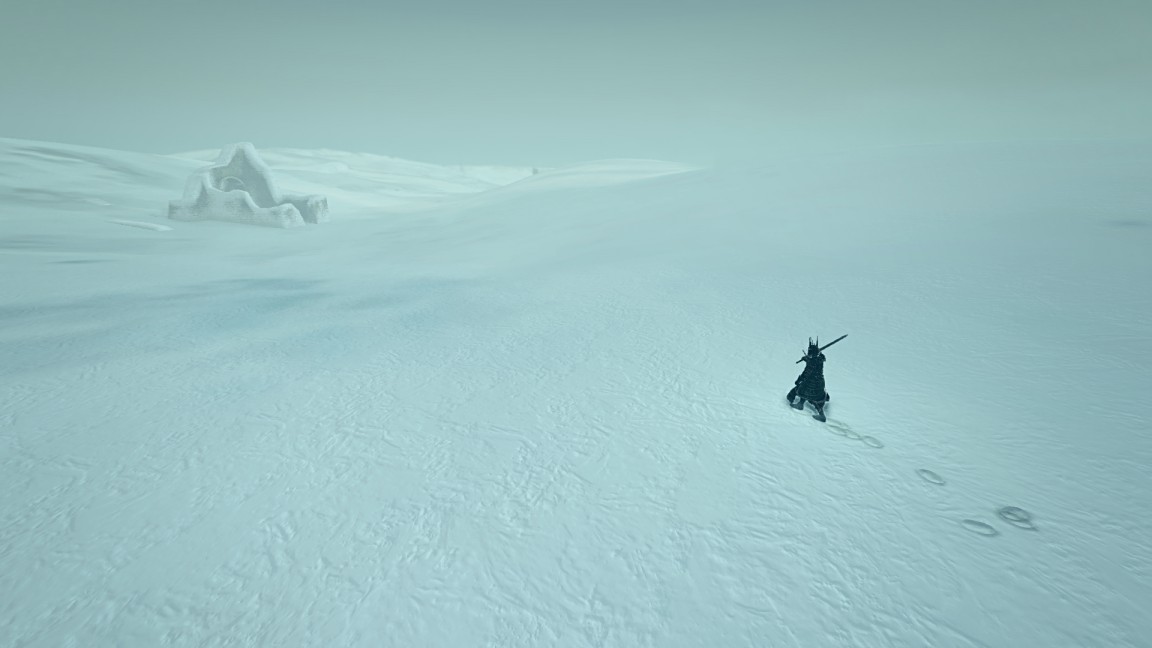 Dark Souls 2 guide: Crown of the Ivory King – Frozen Eleum Loyce
Dark Souls 2 guide: Crown of the Ivory King – Frozen Eleum Loyce